Find Help
More Items From Ergsy search
-
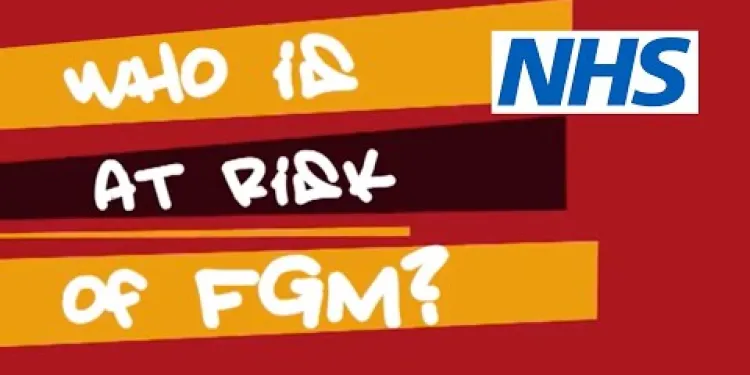
Female genital mutilation (FGM) | NHS
Relevance: 100%
-
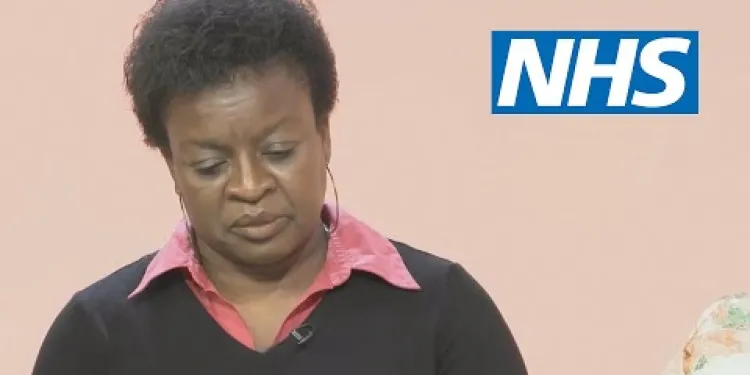
Female Genital Mutilation: The Facts | NHS
Relevance: 98%
-
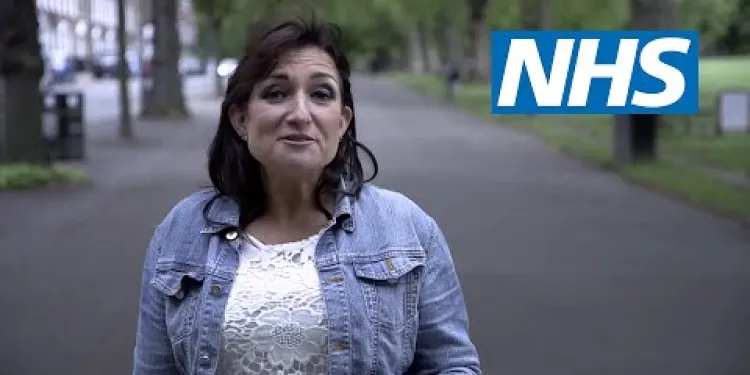
Women talking about their personal experiences of female genital mutilation (FGM) | NHS
Relevance: 81%
-
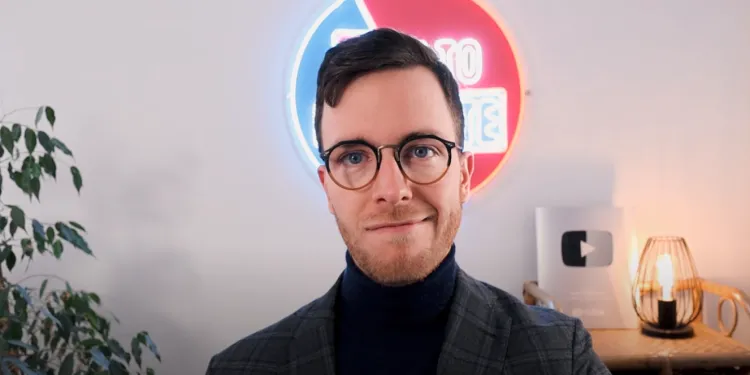
Female infertility explained
Relevance: 37%
-
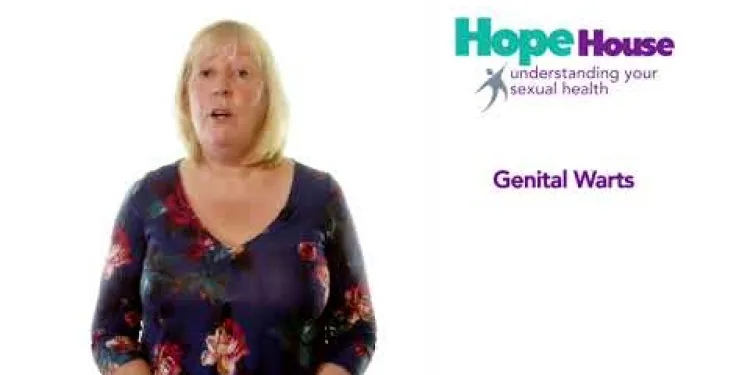
Understanding Your Sexual Health - Genital Warts
Relevance: 36%
-
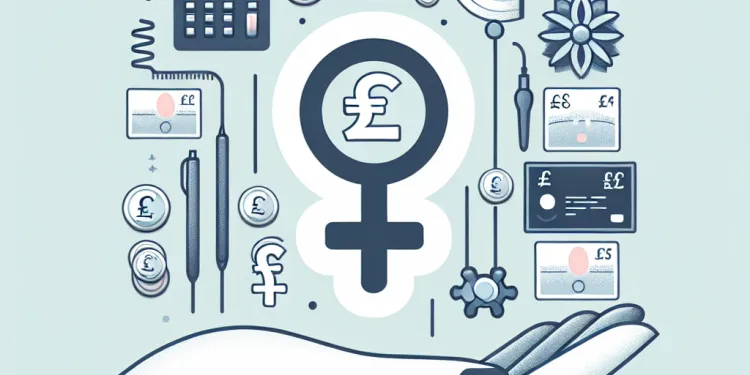
What are the reasons for female infertility?
Relevance: 32%
-

Can gonorrhoea infect areas other than the genital organs?
Relevance: 30%
-

Do male and female brains age differently regarding dementia risk?
Relevance: 25%
-

What is Honour Based Abuse?
Relevance: 20%
-

Is honour based abuse a cultural practice?
Relevance: 17%
-

Are there symptoms of an HPV infection?
Relevance: 15%
-
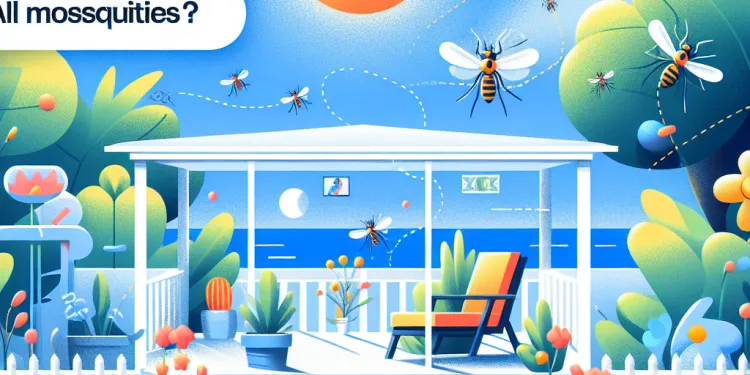
Do all mosquitoes bite humans?
Relevance: 15%
-
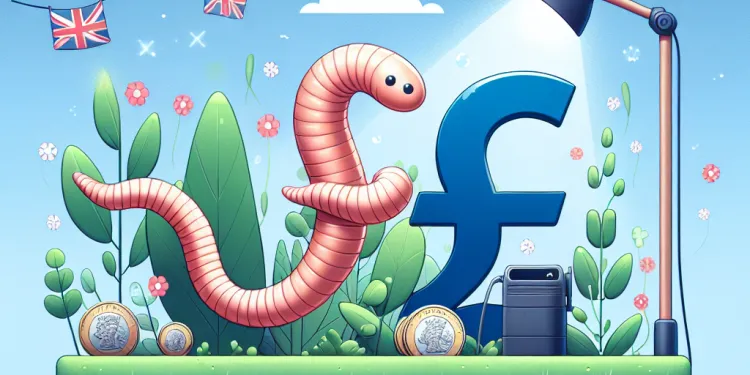
How do screw worms reproduce?
Relevance: 13%
-
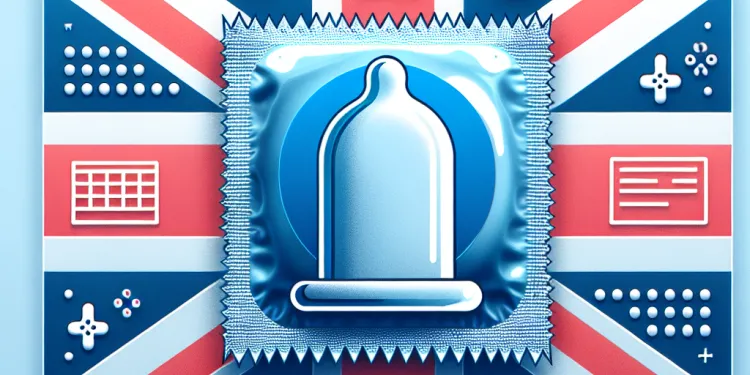
Can using condoms fully protect against HPV?
Relevance: 12%
-

What is the HPV Virus?
Relevance: 12%
-
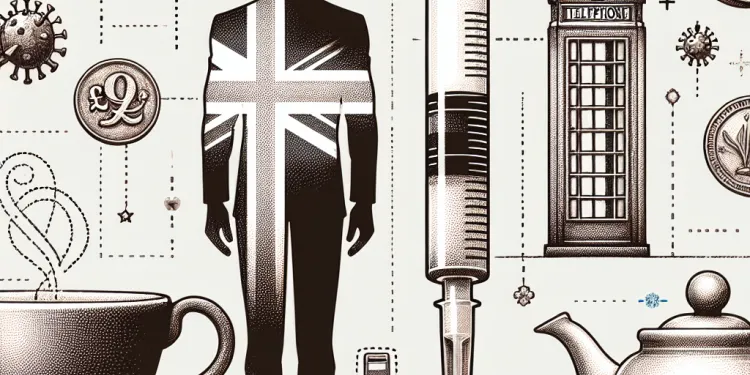
Do men need the HPV vaccine?
Relevance: 12%
-

Can HPV affect both men and women?
Relevance: 12%
-

Can HPV be treated?
Relevance: 11%
-

Understanding Your Sexual Health - Herpes
Relevance: 11%
-
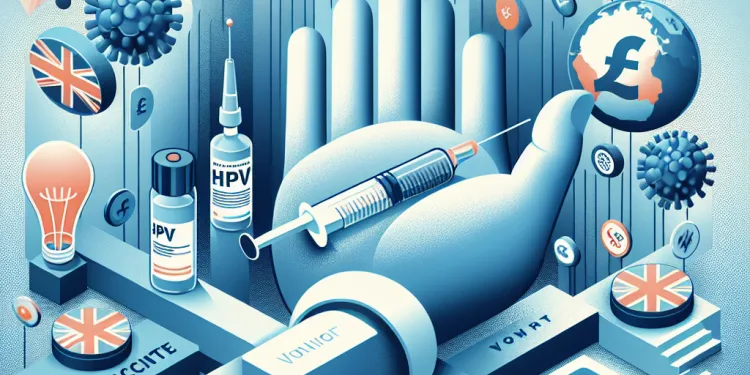
Who should get the HPV vaccine?
Relevance: 11%
-

What health problems can HPV cause?
Relevance: 11%
-
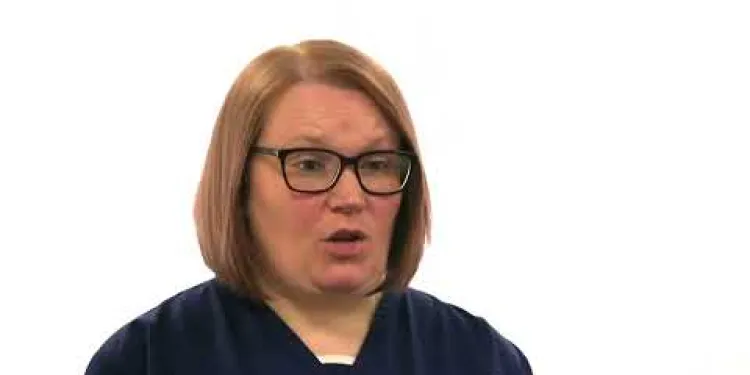
Vulval Cancer
Relevance: 11%
-

How common is HPV?
Relevance: 10%
-

What is Gonorrhoea?
Relevance: 10%
-
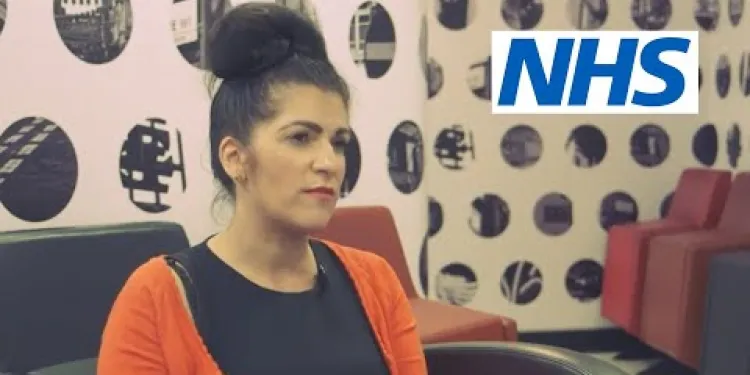
Cervical screening for women who have experienced sexual assault | NHS
Relevance: 10%
-
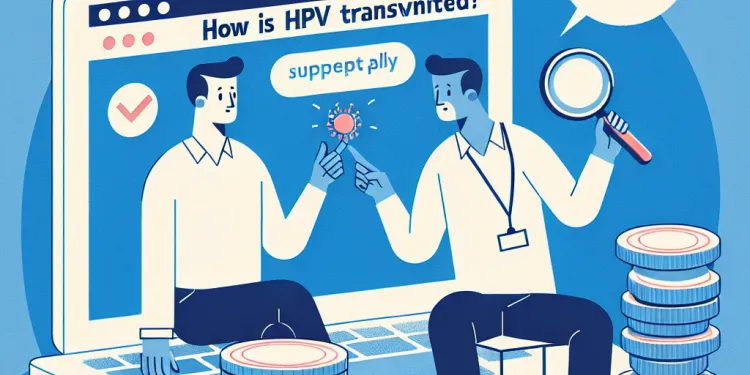
How is HPV transmitted?
Relevance: 10%
-

What are the reasons for male infertility?
Relevance: 10%
-
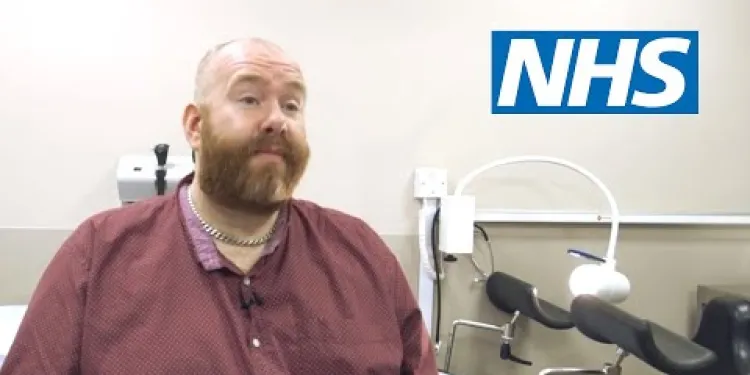
Cervical screening for transgender men | NHS
Relevance: 9%
-
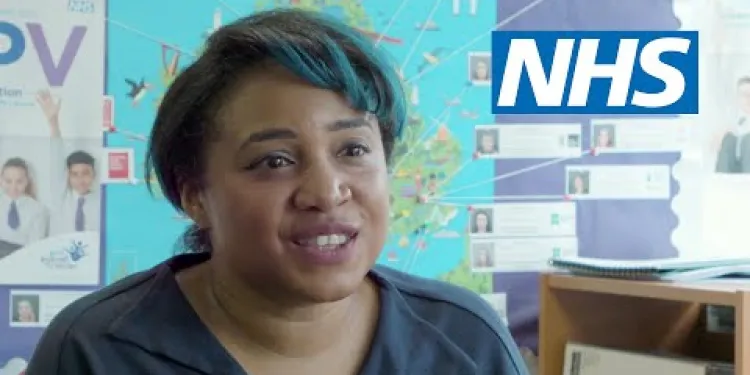
What is the year 8 HPV vaccine? | NHS
Relevance: 9%
-

Are there any long-term effects of gonorrhoea?
Relevance: 9%
-
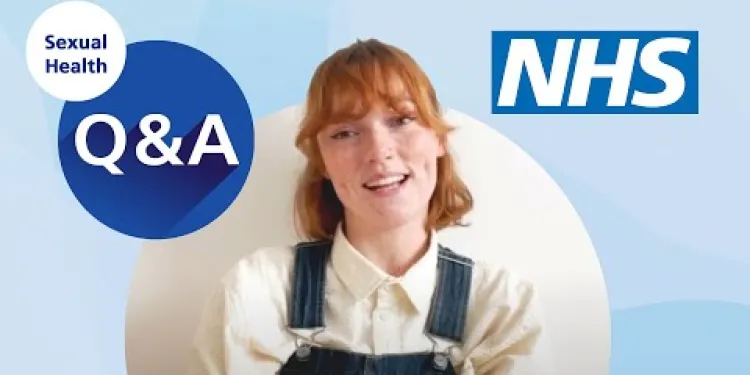
Sexually transmitted infections STIs
Relevance: 9%
-

How do lice lay nits?
Relevance: 9%
-

How do screw worms infest their hosts?
Relevance: 9%
-
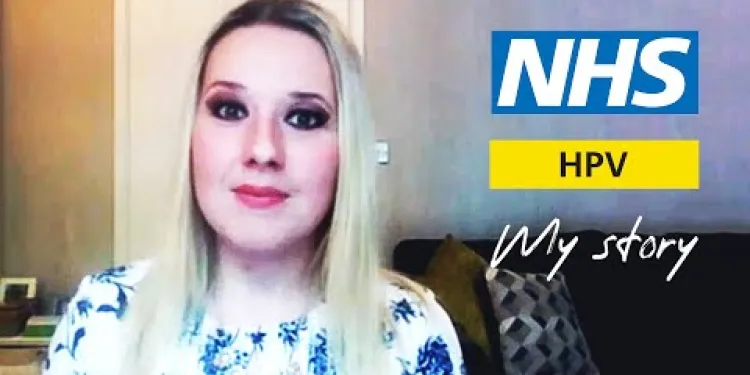
HPV - My Story | NHS
Relevance: 8%
-

How can HPV be prevented?
Relevance: 8%
-
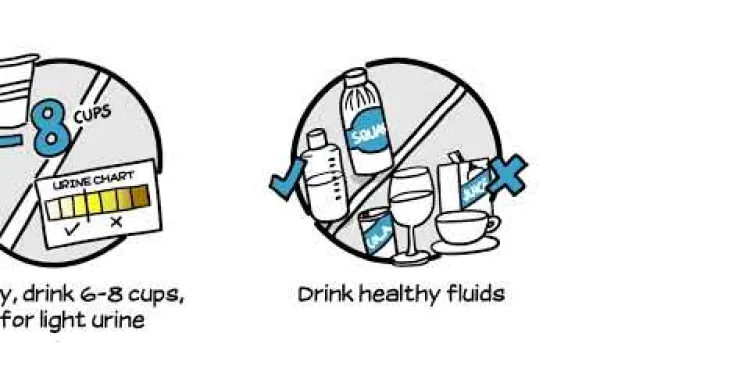
Avoiding infections with urinary incontinence
Relevance: 8%
-
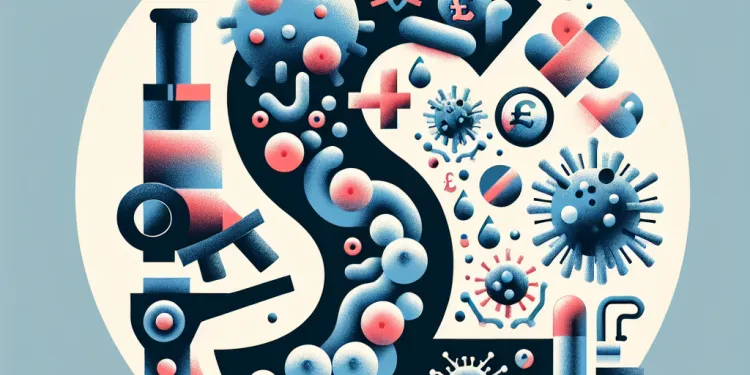
What is chlamydia?
Relevance: 8%
-

How long does it take for nits to hatch?
Relevance: 8%
-
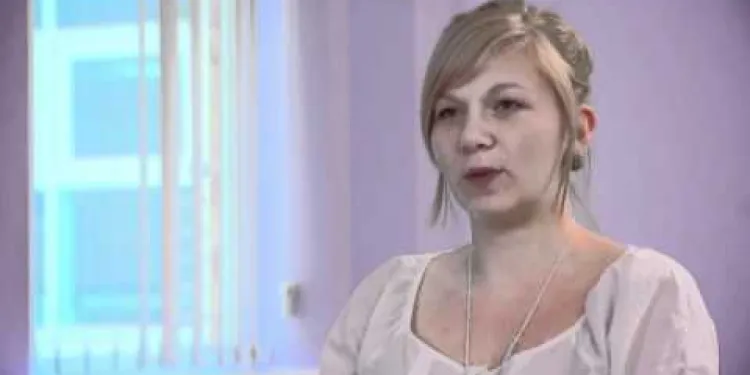
Reactive arthritis
Relevance: 8%
-
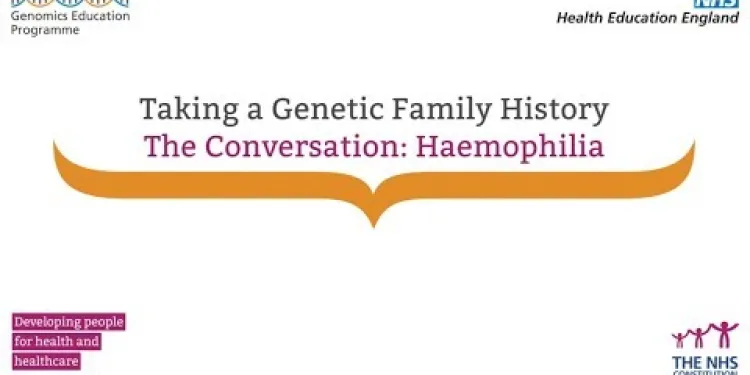
Haemophilia
Relevance: 8%
Understanding Female Genital Mutilation (FGM)
What is Female Genital Mutilation (FGM)?
Female Genital Mutilation (FGM) involves the partial or total removal of external female genitalia or other injury to the female genital organs for non-medical reasons. FGM is recognized internationally as a human rights violation and is illegal in the United Kingdom.
Health Implications of FGM
FGM can cause severe immediate health risks such as intense pain, bleeding, infections, and problems with urination. Long-term consequences may include chronic pain, complications during childbirth, increased risk of newborn deaths, and lasting psychological trauma.
Legal Framework in the UK
In the UK, performing or aiding FGM is a crime under the Female Genital Mutilation Act 2003. It is also illegal to take a girl abroad for FGM. Offenders can face up to 14 years in prison. The Child Protection Act ensures that professionals must report cases of FGM to authorities.
Support and Resources
If you or someone you know is at risk of or has been subjected to FGM, it is crucial to seek help. The NHS provides support and necessary care for affected individuals, including medical, psychological, and legal assistance. Confidential advice and support can be accessed through the NHS non-emergency line (111) or local healthcare providers.
Community Education and Prevention
Education and awareness are vital in preventing FGM. Engaging communities, educating healthcare professionals, and promoting women's rights are key strategies in stopping this harmful practice. Community support networks and educational programs are instrumental in changing societal attitudes and protecting at-risk individuals.
Understanding Female Genital Mutilation (FGM)
What is Female Genital Mutilation (FGM)?
FGM means cutting or injuring female private parts. It is not for medical reasons. FGM is against human rights and is illegal in the UK.
Health Implications of FGM
FGM can cause serious health problems like severe pain, bleeding, infections, and trouble with peeing. It can also cause problems during childbirth and mental health issues.
Legal Framework in the UK
It is a crime to do FGM in the UK. It is also illegal to take a girl outside the UK for FGM. If caught, a person can go to jail for up to 14 years. Professionals must report FGM cases to authorities to protect children.
Support and Resources
If you or someone you know is affected by FGM, it is important to get help. The NHS offers support like medical care and legal advice. You can call the NHS non-emergency line on 111 for confidential help.
Community Education and Prevention
Learning and awareness can help stop FGM. Teaching communities and healthcare workers about FGM is important. Community support and educational programs can change people's views and protect those at risk.
Frequently Asked Questions
What is female genital mutilation (FGM)?
FGM refers to procedures that intentionally alter or injure female genital organs for non-medical reasons. It is often carried out on young girls between infancy and age 15.
Is FGM legal in the UK?
No, FGM is illegal in the UK. It is a serious crime with severe penalties including up to 14 years in prison.
What are the types of FGM?
FGM is classified into four major types: clitoridectomy, excision, infibulation, and other harmful procedures to the female genitalia for non-medical purposes.
What are the health risks associated with FGM?
Health risks include severe pain, excessive bleeding, infections, urinary problems, and complications in childbirth, among others.
Why is FGM practiced?
FGM is often practiced for cultural, religious, or social reasons within families and communities, as a rite of passage or to ensure marriageability.
Can FGM be reversed?
While the physical damage of FGM is irreversible, some medical procedures can help manage complications and improve quality of life.
What should I do if I suspect someone is at risk of FGM?
If you are concerned someone may be at risk of FGM, contact the police, social services, or the NSPCC’s FGM helpline immediately.
How does the UK government help prevent FGM?
The UK government provides education, supports community programs, and enforces laws against FGM to prevent it and protect those at risk.
Is there support available for FGM survivors?
Yes, there are specialist health clinics and support organizations in the UK that provide medical treatment and psychological support for FGM survivors.
Can FGM affect mental health?
Yes, FGM can lead to long-term mental health issues, including post-traumatic stress disorder (PTSD), depression, and anxiety.
What are the legal repercussions for performing FGM?
Performing FGM or arranging for a girl to be taken abroad for FGM is a criminal offense in the UK, punishable by up to 14 years in prison.
How is FGM reported in the UK?
Healthcare professionals, teachers, and social workers have a mandatory duty to report known cases of FGM in under-18s to the police.
What is the role of the NHS in combating FGM?
The NHS offers medical care for those affected by FGM, raises awareness, and trains healthcare professionals to identify and support those at risk.
How common is FGM in the UK?
FGM is less common in the UK compared to some countries, but it is still practiced within certain communities. Efforts are ongoing to eliminate it entirely.
What resources are available for educating about FGM?
Resources are available through NHS websites, gov.uk, and various charities dedicated to ending FGM and supporting affected individuals.
What is female genital mutilation (FGM)?
Female genital mutilation (FGM) is when parts of a girl's private area are cut or changed. It is not safe and can cause pain and health problems.
If you want to learn more or need help, try using pictures or videos to understand better. You can also ask someone you trust to explain it to you.
FGM means cutting or changing girls' private parts for no medical reason. It often happens to young girls from babies up to 15 years old.
Is FGM allowed in the UK?
No, FGM (also called Female Genital Mutilation) is not allowed in the UK. It is against the law. This means people must not do it or help someone do it.
If you need help or want to know more, you can talk to someone you trust, like a teacher or a doctor. You can also call a special phone line for help.
No, FGM is against the law in the UK. It is a very serious crime. If someone is caught doing it, they can go to prison for up to 14 years.
What are the types of FGM?
FGM stands for Female Genital Mutilation. It is when a girl's private parts are cut or changed. There are different kinds of FGM. Here are the main types:
- Type 1: This is when the small top part of the private parts is cut.
- Type 2: This is when the small top part and some skin around it are cut.
- Type 3: This is when the private parts are cut and then sewn closed, leaving a small hole.
- Type 4: This type includes other harmful things done to the private parts.
FGM is not safe and can hurt a girl's body. It is important to talk about it and help stop it.
You can use tools like picture cards or videos to learn more. Talking with a trusted adult or a doctor can also help understand FGM better.
There are four main types of FGM:
1. Clitoridectomy: This is when part or all of the clitoris is removed.
2. Excision: This is when the clitoris and the inner lips around the vagina are cut away.
3. Infibulation: This is when the vagina is made smaller by sewing up.
4. Other Harmful Practices: These are other ways of hurting the female private parts for reasons that are not medical.
If you need help understanding this better, you can try breaking the words down. You can also ask someone you trust to help explain.
What health problems can FGM cause?
FGM can hurt a girl's body in many ways.
- It can make it hard to go to the bathroom.
- It can cause lots of pain.
- It might lead to bad infections.
- It can make having babies difficult later on.
People who have had FGM might feel very sad or upset, too.
It helps to talk to a doctor or a counselor. They can offer support and care.
Health risks can be very serious. They can cause bad pain, a lot of bleeding, infections, trouble peeing, and problems when a baby is born.
Here are some ways to understand better:
- Ask someone to read it with you.
- Use tools that read text out loud.
- Break it down into smaller parts to explain.
Why do people do FGM?
FGM means cutting or changing girls' private parts. Some people do this because:
- They think it will make girls clean or pure.
- It is a tradition passed down from parents and grandparents.
- They believe it will make the girl ready for marriage.
- They think it brings respect to the family.
FGM can hurt girls. It is important to learn and talk about it. Using books or guides for children can help explain it better.
FGM happens in some cultures, religions, or communities. People do it because they think it is important for girls to be ready for marriage.
Can FGM be undone?
FGM stands for Female Genital Mutilation. It is when parts of a girl's private parts are cut.
FGM cannot be undone completely, but some doctors can help fix problems caused by it. They might do an operation to help.
If you or someone you know has had FGM, it's important to talk to a doctor. They can give advice and help.
Support groups can also help by listening and giving support.
When FGM happens, it causes damage that can't be undone. But doctors can do some things to help take care of problems and make life better.
What to Do if You Think Someone Might Be in Danger of FGM
If you think someone might be at risk of FGM (Female Genital Mutilation), it's important to act.
Here are some simple steps you can take:
- Tell a trusted adult, like a teacher or a doctor.
- Call a helpline for advice and support.
- Look for signs that someone might need help, like talking about travel for a "special ceremony."
- Encourage the person in danger to speak to an adult they trust.
Remember, it’s good to seek help if you are worried. You are not alone.
If you think someone might be in danger of FGM, tell the police, social services, or the NSPCC’s FGM helpline right away.
How does the UK government stop FGM?
The UK government wants to stop FGM. FGM means Female Genital Mutilation. It is when someone's private parts are hurt or changed. This is not allowed in the UK.
To stop FGM, the UK government:
- Makes it against the law. This means people can go to jail if they do FGM.
- Tells people FGM is wrong and helps them learn why it should not happen.
- Helps people who could be in danger of FGM. They can talk to someone about it.
- Supports people who have had FGM. They can get help from doctors and other helpers.
If you want to learn more, you can use:
- Pictures: They can help you understand better.
- Videos: They can show you what happens and explain things.
- Talk to someone: A teacher, parent, or helper can explain more.
The UK helps stop FGM by teaching people, running community programs, and making sure laws are followed to keep everyone safe.
Can people who have had FGM get help?
Yes, there is help. If you have had FGM, you can talk to someone who understands. You can get support from doctors, nurses, and special groups that help people who had FGM. They can help with your feelings and your body.
It is important to find someone you trust to talk to. This can be a doctor, a counselor, or a support group. They can give you the help you need.
If you need more information, you can use tools like easy online searches or ask someone to help you find a support group.
Yes, there are special health clinics and support groups in the UK. They help people who have gone through FGM (Female Genital Mutilation) with medical care and talking about their feelings.
Can FGM affect how we feel?
Does FGM change the way we feel in our minds?
FGM can make people feel upset, scared, or sad.
It is important to talk to someone if you feel this way. You can talk to a friend, a family member, or a doctor.
There are also people who can help you feel better. They are called counselors or therapists.
If reading is hard, you can ask someone to read with you or use audiobooks.
Yes, FGM can cause long-lasting problems for how you feel. It can make you feel very sad, worried, or scared for a long time.
If you're having these feelings, it can help to talk to someone you trust like a friend, family member, or a counselor. You can also try doing things that make you feel happy and calm, like listening to music or drawing.
What happens if you break the law by doing FGM?
In the UK, it's against the law to do FGM or take a girl abroad for FGM. If someone breaks this law, they can go to jail for up to 14 years.
- If you're worried about a girl, speak to a trusted adult or contact the police.
- Use simple words and clear sentences to communicate.
- Ask questions if you don’t understand something.
How do people tell about FGM in the UK?
FGM stands for Female Genital Mutilation. It is when girls have parts of their private areas cut. This is not good and it is against the law in the UK.
If you know someone who has had FGM, or you think it might happen, you should tell an adult you trust. You can tell a teacher, a doctor, or the police. They can help.
You can also write your feelings or draw a picture to show what you know. Sometimes, this makes it easier to talk.
If someone is a doctor, teacher, or social worker, they must tell the police if they find out a girl under 18 has gone through FGM. FGM means Female Genital Mutilation, which is when a girl's private parts are hurt. It is against the law.
What does the NHS do to stop FGM?
The NHS helps people who have had FGM. They give medical care, teach people about FGM, and train doctors and nurses to help those in danger.
How often does FGM happen in the UK?
FGM stands for Female Genital Mutilation. It is when someone's private parts are cut or hurt on purpose. It is against the law in the UK.
It does not happen a lot in the UK, but some people still worry about it. If you know anyone hurt by FGM, or think someone is in danger, tell a trusted adult or the police.
To learn more, you can talk to a teacher or find help online. It's okay to ask questions if you're unsure.
FGM does not happen as much in the UK as in some other places. But some groups still do it. People are working hard to stop it completely.
What can help us learn about FGM?
You can find books, videos, and websites to learn about FGM. You can ask a teacher or a friend for help. Try using pictures or simple videos to understand better.
You can get help from NHS websites, the gov.uk site, and different charities. These groups want to stop FGM and help people who have been through it.
Useful Links
This website offers general information and is not a substitute for professional advice.
Always seek guidance from qualified professionals.
If you have any medical concerns or need urgent help, contact a healthcare professional or emergency services immediately.
Some of this content was generated with AI assistance. We’ve done our best to keep it accurate, helpful, and human-friendly.
- Ergsy carfully checks the information in the videos we provide here.
- Videos shown by Youtube after a video has completed, have NOT been reviewed by ERGSY.
- To view, click the arrow in centre of video.
- Most of the videos you find here will have subtitles and/or closed captions available.
- You may need to turn these on, and choose your preferred language.
- Go to the video you'd like to watch.
- If closed captions (CC) are available, settings will be visible on the bottom right of the video player.
- To turn on Captions, click settings .
- To turn off Captions, click settings again.
More Items From Ergsy search
-

Female genital mutilation (FGM) | NHS
Relevance: 100%
-

Female Genital Mutilation: The Facts | NHS
Relevance: 98%
-

Women talking about their personal experiences of female genital mutilation (FGM) | NHS
Relevance: 81%
-

Female infertility explained
Relevance: 37%
-

Understanding Your Sexual Health - Genital Warts
Relevance: 36%
-

What are the reasons for female infertility?
Relevance: 32%
-

Can gonorrhoea infect areas other than the genital organs?
Relevance: 30%
-

Do male and female brains age differently regarding dementia risk?
Relevance: 25%
-

What is Honour Based Abuse?
Relevance: 20%
-

Is honour based abuse a cultural practice?
Relevance: 17%
-

Are there symptoms of an HPV infection?
Relevance: 15%
-

Do all mosquitoes bite humans?
Relevance: 15%
-

How do screw worms reproduce?
Relevance: 13%
-

Can using condoms fully protect against HPV?
Relevance: 12%
-

What is the HPV Virus?
Relevance: 12%
-

Do men need the HPV vaccine?
Relevance: 12%
-

Can HPV affect both men and women?
Relevance: 12%
-

Can HPV be treated?
Relevance: 11%
-

Understanding Your Sexual Health - Herpes
Relevance: 11%
-

Who should get the HPV vaccine?
Relevance: 11%
-

What health problems can HPV cause?
Relevance: 11%
-

Vulval Cancer
Relevance: 11%
-

How common is HPV?
Relevance: 10%
-

What is Gonorrhoea?
Relevance: 10%
-

Cervical screening for women who have experienced sexual assault | NHS
Relevance: 10%
-

How is HPV transmitted?
Relevance: 10%
-

What are the reasons for male infertility?
Relevance: 10%
-

Cervical screening for transgender men | NHS
Relevance: 9%
-

What is the year 8 HPV vaccine? | NHS
Relevance: 9%
-

Are there any long-term effects of gonorrhoea?
Relevance: 9%
-

Sexually transmitted infections STIs
Relevance: 9%
-

How do lice lay nits?
Relevance: 9%
-

How do screw worms infest their hosts?
Relevance: 9%
-

HPV - My Story | NHS
Relevance: 8%
-

How can HPV be prevented?
Relevance: 8%
-

Avoiding infections with urinary incontinence
Relevance: 8%
-

What is chlamydia?
Relevance: 8%
-

How long does it take for nits to hatch?
Relevance: 8%
-

Reactive arthritis
Relevance: 8%
-

Haemophilia
Relevance: 8%


